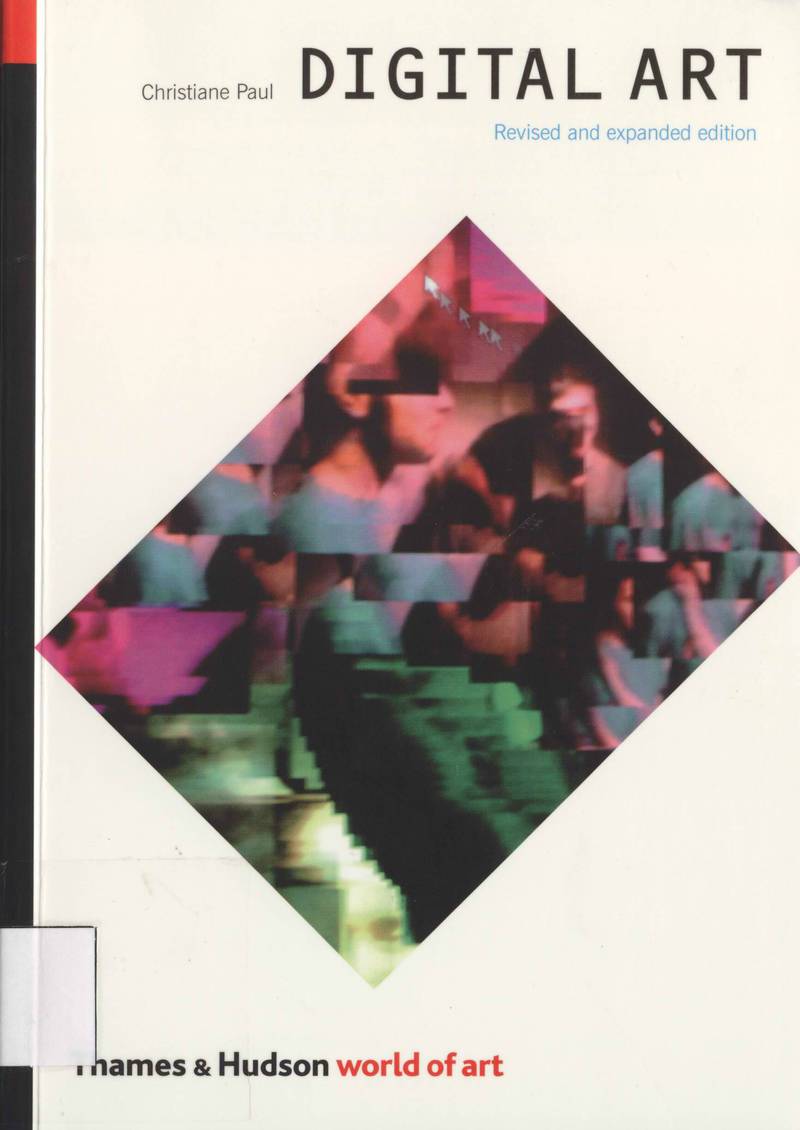Digital technology has revolutionized the way we produce and experience art today. Not only have traditional forms of art such as printing, painting, photography, and sculpture been transformed by digital techniques and media, but entirely new forms such as net art, software art, digital installation, and virtual reality have emerged as recognized artistic practices, collected by major museums, institutions, and private collectors the world over. This book surveys the developments in digital art from its appearance in the 1980s up to the present day, and looks ahead to what the future may hold. It explores themes addressed and raised by the art, such as viewer interaction, artificial life and intelligence, political and social activism, networks and telepresence, as well as issues such as the collection, presentation, and preservation of digital art.
